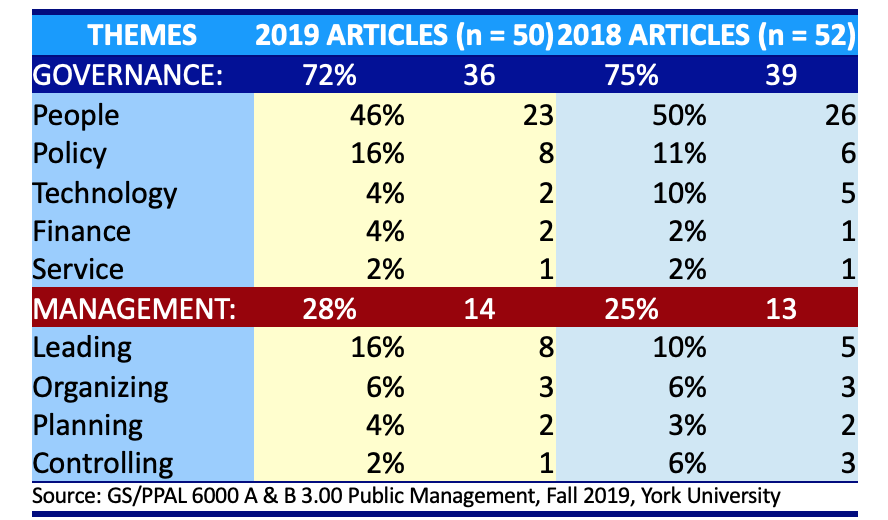The Motorcycle Diaries is a 2004 road movie, coming-of-age story, and biopic. The film follows a young Che Guevara’s travels across South America in 1952. He takes in the lush landscapes and dire disparities of Bolivia, Chile, Peru, and Venezuela. The experience changes the course of his life forever.
Let the world change you, and you can change the world. ‒ CHE GUEVARA
Che was more than a political revolutionary and today is more than a popular t-shirt image. According to Jean-Paul Sartre, “Che was the most complete human being of our age.” Nelson Mandela said, “Che Guevara is an inspiration for every human being who loves freedom.”
Che’s consequential but truncated life is a metaphor for how context shapes the learning journey in times of strife and uncertainty.
Context matters
In Why Nations Fail, Acemoglu & Robinson (2012) explain that the Black Plague represented both human calamity and opportunity for reinvention. They argue that, without the Plague, the Renaissance might have taken centuries to emerge. In March 2020, universities in Canada and globally faced the unexpected turmoil of suddenly transposing teaching from the classroom to online … indefinitely. It raises the question of whether COVID-19 is higher education’s Black Plague.
The winds of change were already blowing fiercely across Ontario’s rugged education terrain before the pandemic reset the compass.
Fiscal restraint. A new government’s 10 per cent cut to university funding is harsh evidence of an antic disposition towards education. Entrenched negotiations with the secondary teachers’ union on issues like class size and mandatory online courses foreshadow draconian measures. The advent of COVID-19 may embolden government to cherry pick policy-based evidence of simplistic solutions. It may also accelerate hollowing out the capacity to pursue education’s return-on-investment proposition.
Online delivery. Whether blended or remote, online learning is appropriate for many routinized, mass-scale courses where the imperative is knowledge transfer. These delivery methods become less viable as third and fourth-year students with higher-order learning expectations progress toward professional careers and postgraduate studies. Critical thinking, which cannot be ingrained easily without collective, face-to-face interaction, is increasingly the learning gap that demands time and attention.
Experiential learning. The growing priority of post-graduation employment outcomes argues for enhanced deployment of practitioner-scholars in academia. Faculty grounded in public sector careers are adept at connecting curriculum and work. Experiential education offers insights that marry learning outcomes with real-world employment prospects. University administrations are found wanting behind a cloak of labour relations in securing a reliable supply of gifted practitioner-scholars.
Learning journeys
It is in this turbulent context that students are called to learn. Millennials seek faculty guidance to cross the divide from fledgling, tech-savvy whiz kids to embrace the humble craft of public management. Does the immediacy of the situation warrant trade-offs against their quest for critical engagement?
CGE again invited first-year candidates in the Master of Public Policy, Administration and Law program at York University’s School of Public Policy and Administration to enlighten its readers. These young professionals and mid-career managers study on campus or downtown, weeknights, and weekends. They have busy lifestyles, balancing studies, work, and family. Seven out of ten are female.
Public Management is the first course in their two-year MPPAL program. The final assignment is to select, research, and write an original article on a topic of interest. The purpose is to consolidate new learning, advance thought leadership, and practice creative writing.
At the conclusion of the Fall 2019 term, 50 (2018 – 52) students authored articles. Seven (2018 – 11) articles survived voluntary, post-course rounds of review and editing and will be published on the Millennial Outlook page. The thematic threads are summarized below.

The table reaffirms the nexus between people and policy. People issues are still front of mind in almost half the articles, 68 per cent when combined with related leading and organizing themes. Policy issues are up slightly across a range of risks concerning climate, guns, health, justice, and policing. And strong leadership is underscored in handling crises and harmonizing workplaces.
The implications of context for the people-policy dichotomy are not lost on commentators like Senator Tony Dean (2020): “[In a crisis], getting accountability and leadership right, and the right people in the right positions is absolutely critical. Knowing who those people are requires a sophisticated approach to human resource management and development.” It comes back to greater public service capacity.
These students are at a crossroads in their learning journeys. By graduate school, they are expected to exhibit the character and competence to advance their thinking beyond passive learning by replication to master applied analysis and original thought. This means eschewing Millennial anonymity and anxiety to exude the confidence to speak up and contribute selflessly to collective learning.
In many ways, they are called to model expectations that are the hallmark of public administration and a liberal education. The 1973 movie The Paper Chase exemplifies the challenges for an earlier generation. Technologies and behaviours may have changed, but learning values and fundamentals endure.
A postscript for the wary and wise: While developing a class of critical thinkers might be a game-changer, inevitably it is dangerous and exciting. Like the times, it redefines the future and what it means to be alive.

